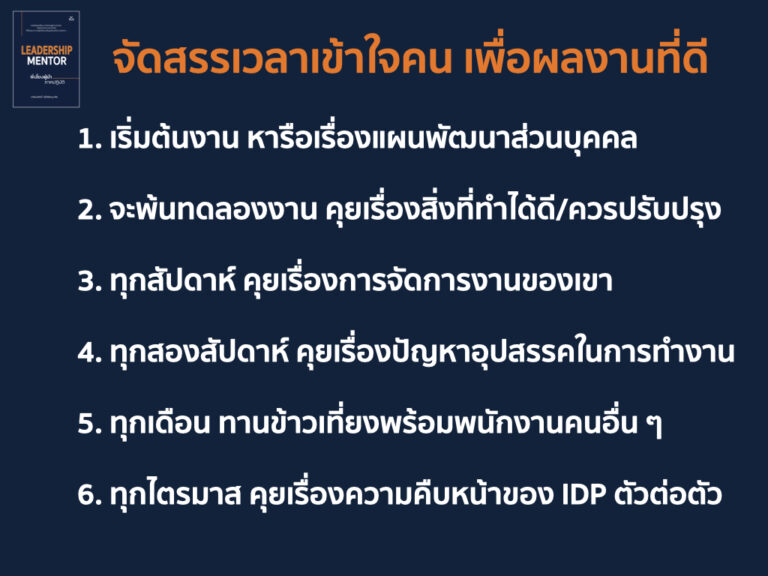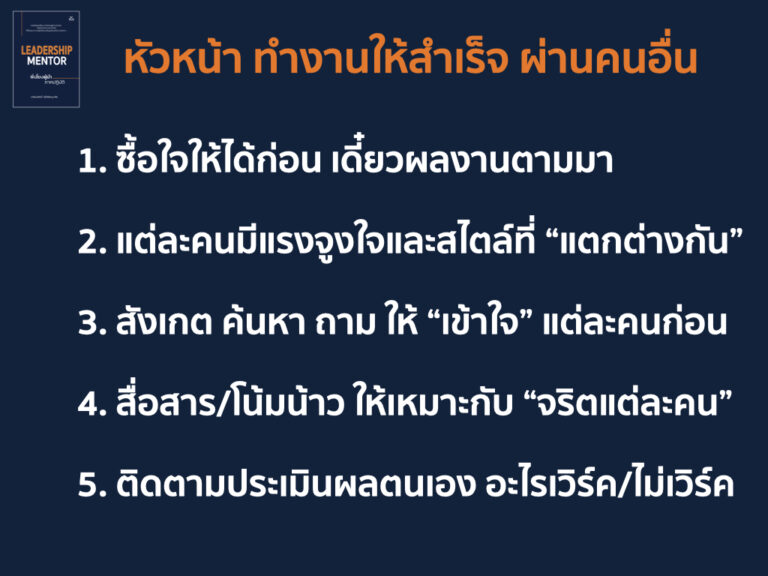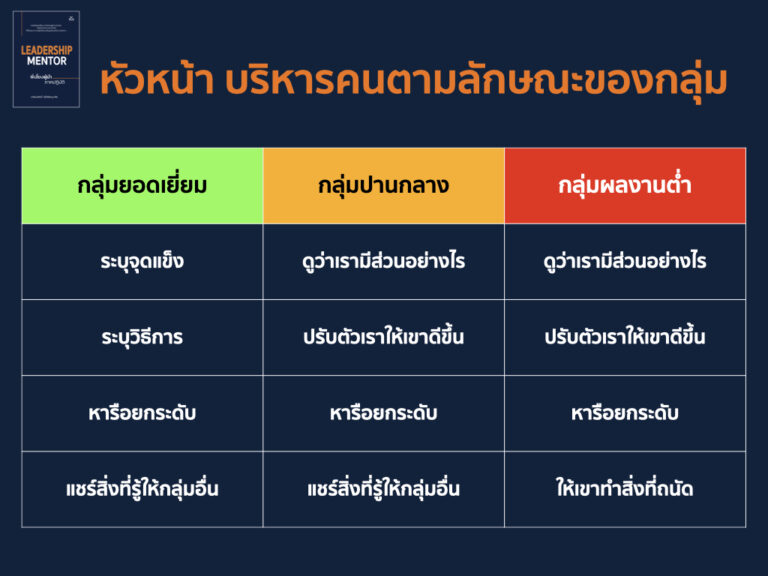Article: Coach Kriengsak Niratpattanasai
Photo: Andrea Piacquadio
“Khun Chalit, congratulation for the new appointment as a member in the Nomination Committee in the Board.”
“Khun Kriengsak, the promotion comes with responsibility. Our committee will have to interview 3 CEO’s candidates next week. I want your help.”
“Okay, what do you want me to do specifically?”
“Coach, you are great at asking the right questions. Please facilitate me to come up with great interview questions.”
“Okay. Let start with what questions do you have in mind?”
“Here are from my stock. The first one came from the book Winning By Jack Welch. Mr. Welch suggested that if he had just one area to probe in an interview, it would be about why the candidate left his previous job, and the one before.”
“Why’s that Khun Chalit?”
“According to Mr. Welch, there is so much information in these answers. Was it the environment? Was it the boss? Was it the team? What exactly made one leave? The key is: Listen closely. Get in the candidates skin. Why a person has left a job or jobs tells you more about them than almost any other piece of data.”
“What else?”
“I watched The CEO Exchange Program from PBS Channel in the US several years ago. Jeff Christian a veteran senior executive asked: What do you think the misconceptions are about you? Usually, this question will reveal the weakness of the candidates.
Coach, will you share with me some of your questions?”
“From the book The Corner Office by Adam Bryant. The book based on his interviewed more than seventy CEOs. There is a chapter – Smart Interviewing. Here are some of smart questions:
– What the meaning of life is?
– On your dead bed, what do you want to be remembered for?
– What’s the most important thing that’s happen to you over the last three years, something that’s really changed your life?
– Wherever you worked before, what made it a good day?
– What have you done that you are really proud of and tell me about it?
– What books do you read? What did you learn from them?
– Who are the best people you recruited and developed and where are they today?
– In some organizations the candidates have a chance to meet several executives. You can ask: you have met few executives. If you have to hire them to work with you only one person. Who will you choose and why?”
“That’s great. Coach, from the book Judgment by Noel Tichy and Warren Bennis, they identified three critical domains in which most of the most important calls are found:
– Judgments about people
– Judgments about strategy
– Judgments in times of crisis.
How do I ask questions around these three domains?”
“I have applied the concept in asking effective interview question from the book The Selection Solution by William Byham. One principle that I like is: Use the past behavior to predict future behavior. You ask questions around these aspects; situation or task, action and result.”
He nods his head with great interest.
I continue. “Khun Chalit, what do you want to know about the candidate’s on people’s judgment?”
“Coach, I want to know how good of his judgment in select great talents?”
“Alright, why don’t you come up with some questions base on the principle and criteria I just mentioned?”
“Okay Coach. I will ask the candidate to tell me about his experience in recruit the great talents. What was the situation? How did he do? What was the resut? How did he measure his succeed? Then, I will listen and evaluate his answer.”
“That’s good. What bout the strategy?”
“I will ask the candidate to tell me about his past experience in develop corporate strategy. Tell me about the most success case – and why? I also want to learn more about the worst case and why?
For the crisis judgment, I will do the same.”
“I think you got a good stock of questions already. What other concerns do you have?”
“Coach, how do I learn about the candidate’s integrity?”
“Khun Chalit, this is probably the most difficult area to learn from the interview. Would you mind if I share some ideas on this?”
“I’m all ears.”
“I will ask and observe very carefully – particular the eyes contact, body language and the tone of voice.
My questions regarding integrity will be:
– What was the most integrity example in your life?
– Think about people who are very closed to you three persons. How did each person rate your integrity from scale one to ten? Why?
– No body is perfect, what did you do in term of integrity that you’re ashamed of and will not do it again?”
“Thank you coach.”




